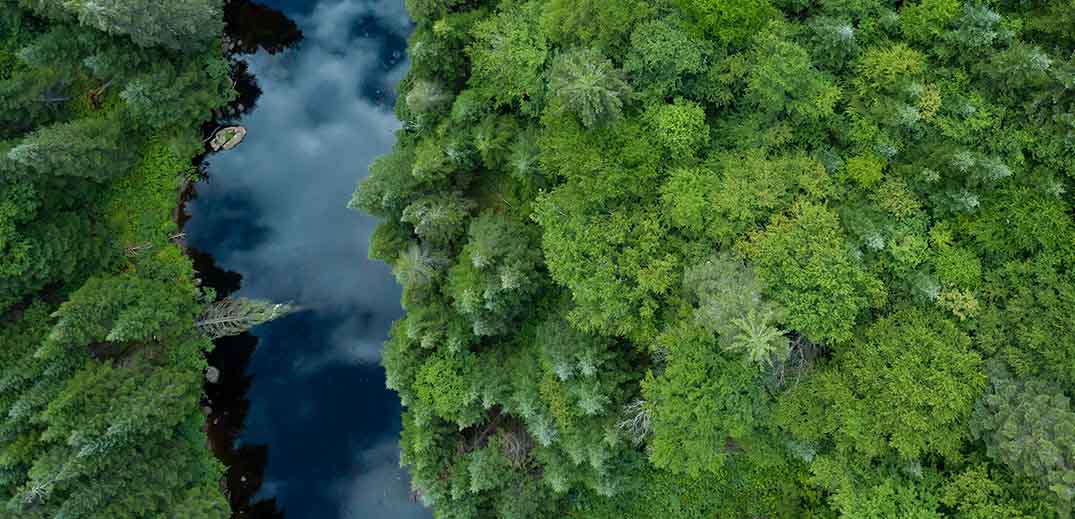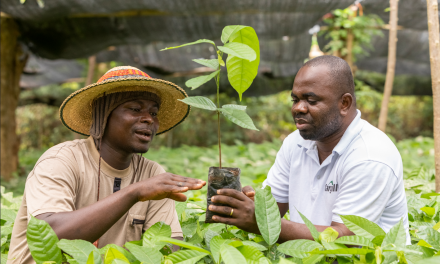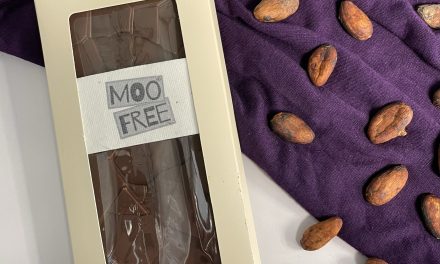Nestlé has revealed that it will be moving beyond protecting forests to restoring them with its “new forest positive approach”, as part of its efforts to reach net zero emissions by 2050.
The company also intends to further promote sustainable livelihoods and the respect of human rights.
Magdi Batato, EVP, Head of Operations at Nestlé, said: “To meet the world’s food needs in 2050, agricultural production will have to increase by around half versus 2013 levels. It is more important than ever to protect natural ecosystems as we meet this challenge and to restore forests for the future.”
Batato added that this forest positive strategy is key to regenerating Earth’s water systems, soil health and carbon storage.
Laurent Freixe, EVP, CEO of Zone Americas, Nestlé, added: “The use of satellite imagery has helped us on our journey to stop deforestation. We will now expand the use of this technology to monitor the sourcing of coffee and cocoa—two important ingredients for our much-loved products.”
By using satellite monitoring services, Nestlé will carry out a risk assessment in the regions where it sources its ingredients. Starting with the Americas and then expanding globally, this will help the company take “swift actions” in sourcing these raw materials sustainably.
Freixe continued: “A forest positive future is only possible when agricultural production and forest regeneration exist in harmony. “By shifting how we grow, source, and consume, we can make sure our food supplies are intact for the future. We must do this while nurturing our valuable tree cover, stabilising our climate and improving the livelihoods of farmers and communities.”
Nestlé will foster a forest positive approach among its suppliers to create sustainable landscapes and livelihoods. The company will reward suppliers for their environmental efforts by buying bigger quantities, contracting with them long term, co-investing in programmes that promote forest conservation and restoration, or by paying a premium for their products.
In addition, the company plans to accelerate work to completely eliminate deforestation in its palm oil, sugar, soy, meat as well as pulp and paper supply chains by 2022. By 2025, it plans to achieve the same for its coffee and cocoa supply chains.







